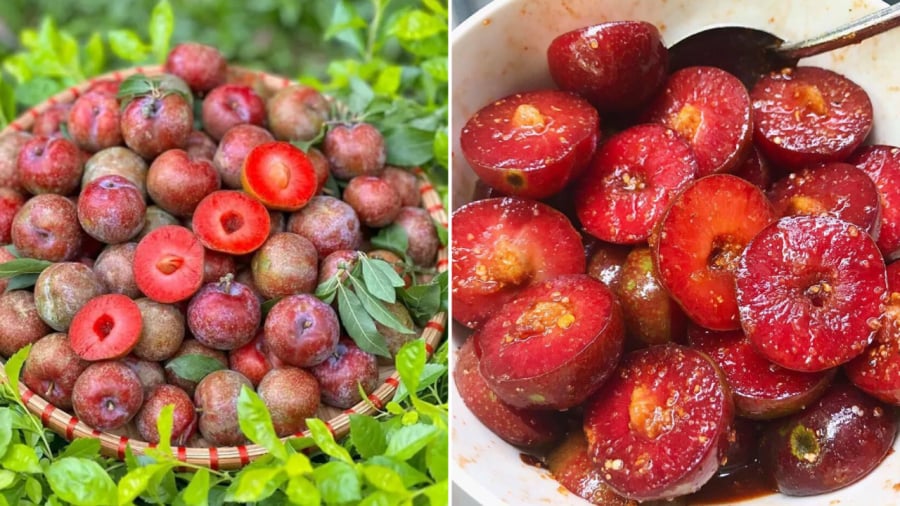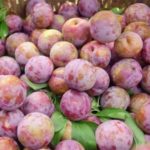Plums are typically in season from April to August annually. Common varieties include Japanese plums, plum salicina, plum trichocarpa, and plum domestica. These varieties belong to different species but mostly share a sweet and sour taste.
Nutritionally, plums are rich in vitamins A and C, fiber, potassium, and antioxidants. They offer immune-boosting, digestive support, and anti-aging properties.
However, there are some people who should avoid consuming plums. Overindulging in plums may lead to potential health concerns.
Who Should Avoid Eating Plums
- Individuals with kidney disease or a history of kidney stones
Plums contain high levels of oxalates, which can hinder calcium absorption and lead to the formation of kidney or bladder stones over time. Therefore, those with chronic kidney disease or a history of kidney stones should refrain from consuming oxalate-rich fruits like plums to prevent exacerbating their condition.
- People with stomach ailments
Plums are acidic and may irritate the stomach lining, especially when consumed on an empty stomach. Individuals with stomach-related issues, such as gastroesophageal reflux disease, may experience worsened reflux and abdominal pain after eating plums.
Even healthy individuals should refrain from eating plums when hungry and avoid excessive consumption at once.

- Pregnant women
The sour-sweet taste of plums may appeal to pregnant women, especially during morning sickness. However, plums are considered heating in nature, and excessive consumption can lead to skin rashes and an increase in body temperature, which is already elevated during pregnancy. Therefore, pregnant women should limit their plum intake to mitigate these potential issues.
- Individuals with a hot body constitution
Those with a hot body constitution, prone to acne and mouth ulcers, should avoid overeating plums due to their heating nature. If desired, limit consumption to a few plums to prevent aggravating these conditions.
- Individuals taking medication
Research indicates that plums may interact with certain medications, enhancing side effects or reducing treatment efficacy. Specifically, plums can alter the effects of anticoagulants and affect antibiotic absorption. Therefore, individuals taking medication should consult their doctors before including plums in their diet.
- Individuals preparing for surgery
Plums contain nutrients that may interact with anesthesia, potentially reducing the effectiveness of the procedure. Therefore, it is advisable to refrain from consuming plums before surgery.
How Many Plums Should You Eat Daily?
According to VTC News, traditional doctor Bùi Đắc Sáng recommends consuming only 5-7 plums per day to avoid overloading the kidneys and digestive system while still reaping the fruit’s benefits.
Additionally, it is worth noting that the common practice of dipping plums in salt and chili pepper can be detrimental to health. While this combination may enhance the flavor, it also significantly increases salt intake, contributing to high blood pressure and potential stomach irritation.
In conclusion, while plums offer an enticing flavor, moderation is key. Individuals falling into the aforementioned categories should exercise caution and limit their consumption of this fruit.
The Ultimate Guide to Plums in Northern Vietnam: How to Choose the Sweetest Hanoi Plums
As summer approaches, the round, tangy-sweet plums of Hanoi are a tempting treat for homemakers across the city. However, these luscious fruits are also prone to heavy pesticide and chemical usage. This article aims to offer insightful tips on selecting the perfect plum – crisp, delicious, and free from any harmful substances.



































